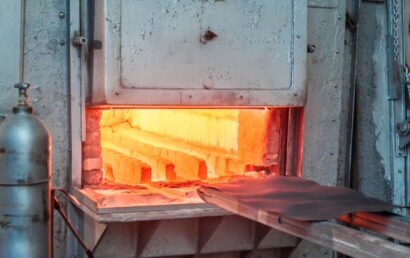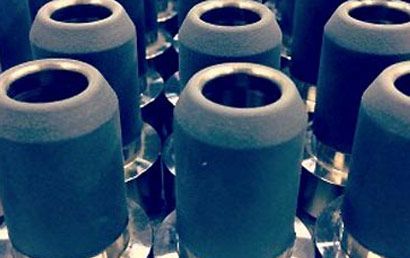Choosing The Right Solvent To Remove Silicone Conformal Coating
Silicone conformal coating provides excellent protection for printed circuit boards (PCBs) against environmental stresses. However, during repairs or rework, removing this durable layer becomes necessary. Choosing the appropriate solvent for this task is crucial for the success of the maintenance process without compromising the integrity of the PCB.
Understanding Silicone Coatings
Silicone conformal coatings are favored for their resilience and versatility, offering protection against moisture, dust, and temperature variations. These coatings ensure the longevity and reliability of electronic components by forming a robust barrier. However, their removal requires specific solvents that can break down the silicone without damaging the underlying circuitry.
Silicone’s chemical inertness makes it resistant to many common solvents, posing a challenge when removal is necessary. This characteristic necessitates the use of specialized solvents designed to weaken or dissolve the silicone bond to the PCB effectively.
Criteria for Solvent Selection
When selecting a solvent to remove silicone conformal coating, several factors must be considered. The solvent’s effectiveness in breaking down the silicone, its compatibility with the PCB materials, and the safety of its use are paramount. Moreover, environmental impact and ease of application also play significant roles in the decision-making process.
Effectiveness and Compatibility
The ideal solvent not only softens or dissolves the silicone coating but also preserves the integrity of the PCB components. It should not corrode metal parts, degrade plastic components, or alter the electrical properties of the board. Testing the solvent on a small area before full-scale application is recommended to ensure compatibility.
Safety and Environmental Impact
Solvents vary widely in their toxicity and environmental impact. Selecting a solvent that is low in volatile organic compounds (VOCs) and free from hazardous air pollutants (HAPs) is beneficial for both the technician’s health and the environment. Biodegradable solvents that contain no substances of very high concern (SVHCs) are increasingly available and preferred.
Recommended Solvents
While no single solvent works best for all situations, several have been identified as particularly effective for silicone conformal coating removal. Acetone is widely used for its ability to soften silicone, making mechanical removal easier. However, its strength may not suffice for all types of silicone or thick layers.
Mineral spirits and isopropyl alcohol can penetrate and weaken the silicone’s adhesion, aiding in its removal. For more challenging scenarios, specialized strippers containing chemicals like dodecylbenzene sulphonic acid or 1-methyl-2-pyrrolidinone have shown effectiveness. These strippers are designed to break down the silicone polymer, facilitating easier removal.
Application Tips
Using the chosen solvent requires careful application to maximize its effectiveness while minimizing potential harm. Applying the solvent with a brush, spray, or immersion and allowing sufficient time for it to penetrate and act on the silicone is crucial. Afterward, mechanical methods such as scraping with a plastic tool can help remove the loosened silicone without scratching the PCB.
Protective gear, including gloves and goggles, should be worn to safeguard against skin and eye contact with the solvent. Adequate ventilation is also essential to avoid inhalation of fumes.
Taking on the Delicate Task
Removing silicone conformal coating from PCBs is a delicate task that demands the right solvent. By considering the solvent’s effectiveness, compatibility with PCB materials, safety, and environmental impact, you can make an informed choice. Whether you opt for a common solvent like acetone or a specialized stripper, proper application techniques and precautions will ensure the successful and safe removal of the silicone conformal coating, readying the PCB for repair or rework.
Get the results you want from thermal spray coating and silicone conformal coating services by hiring professionals like A&A Coatings. Our team of professionals knows just what is right for your industry and application.



